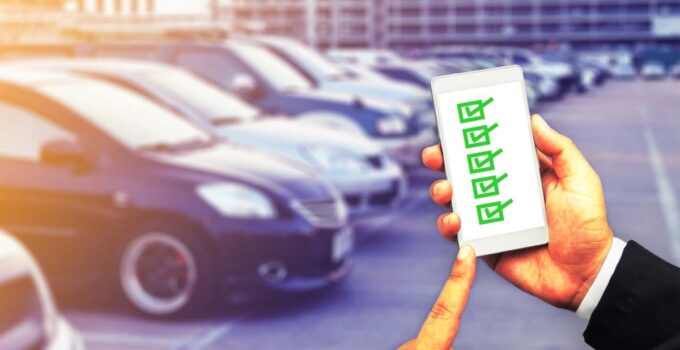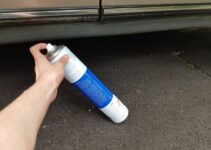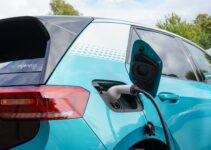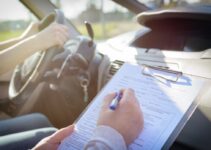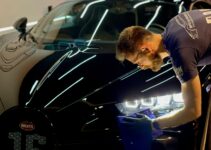Buying a car is always a fun and exciting event. Many people view their car as a family member, which is no wonder considering that it is used every day and how much it can make people’s lives easier. However, if you are on a budget, you probably want to buy a used car that is sufficiently preserved and in good condition. And to be honest: this can be a challenge, whether you choose a retailer or are buying from a private party. Fortunately, having a Vehicle History Report can tell you crucial vehicle information and indicate whether it makes sense to buy it.
What is a Vehicle History Report (VHR)?
This document is very useful when buying a used car, because it gives you a clear insight into the characteristics. With VHR, you can find out more about the origin of the vehicle, its previous owners, how many kilometers it was driven, whether it was involved in a car accident, and much more. For starters, you’ll need a VIN of the vehicle to access this data, and then you can dedicate yourself to studying the car and deciding if it’s a good fit for you.
Things a Vehicle History Report can tell you
1. How many owners did the vehicle have and the types of owners
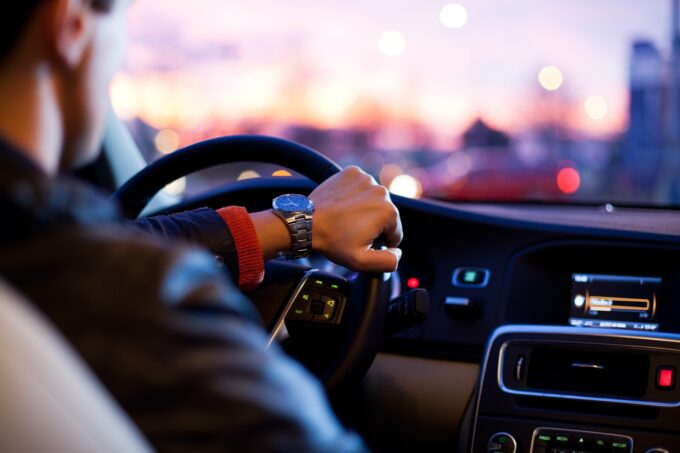
Source: unsplash.com
One of the very important pieces of information when buying a used car is the number of owners that the vehicle had. Most people prefer cars that have had only one or two owners, because that often leads to a lower probability of damage and breakdowns. You can find out the exact number of previous owners in the vehicle history report. Not only that, but you will also get information about the exact type of owner: whether it was an individual, or the car belonged to a car rental company. All this should be taken into account before the final purchase.
Another thing that VHR can tell you is whether the previous vehicle loan has been paid off in full, or it is necessary to complete it before you make a purchase.
2. Did the car take part in an accident?
Before choosing the perfect used car for yourself, it is necessary to find information on the vehicle history report on whether the vehicle was involved in the accident. You should never skip this, because failures and damages that occur during accidents can be permanent and pose a serious danger. If you notice that the vehicle you are considering buying was involved in a collision, we suggest that you find a car mechanic you trust and who will inspect all key parts of the car in detail for you.
Also, if the VHR says that the vehicle was repaired after the accident, you should always pay attention to whether the repairs were done by a reputable store or by a third party who does not instill confidence in you. It is also vital to find reliable VHRs, such as the ones you can find at quickppsr.com.au and which are easy enough to interpret, so you can be sure that you have taken everything into account before making a purchase.
3. What the odometer says about mileage
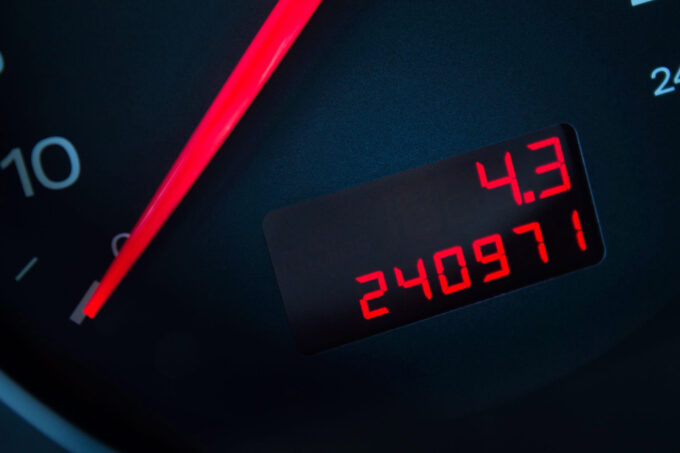
Source: berlincity.com
The number of kilometers the car was driven is another of the things pointed out by the VHR and it represents the most reliable source of this very important information. The fewer kilometers the car has traveled, the more it is preserved. However, in the past, the number that the odometer recorded and that could be read on the control panel often wasn’t true. Returning mileage counters used to be a practice and was a typical way of cheating to make customers more interested in buying the vehicle. However, with the vehicle history report, such situations are prevented, so you can now have fully verified mileage information. If you notice that the numbers on the VHR and the control panel do not match, we advise you to eliminate that seller immediately and continue your search until you find someone more reliable.
4. Was the vehicle regularly maintained
While VHR generally won’t tell you how thoroughly the previous owners maintained the vehicle, it will still give you a general impression of the regularity of servicing. This information is of great importance because it tells you more about whether the owners took care of it. If you see that the vehicle is regularly maintained, it should be one item that is an additional plus and that you can check on your list.
In any case, we suggest that you find a mechanic who will once again inspect the vehicle in detail before purchasing and confirm that the service has been performed and that all components are in really good condition.
5. Has the vehicle been in any other unfavorable situations?
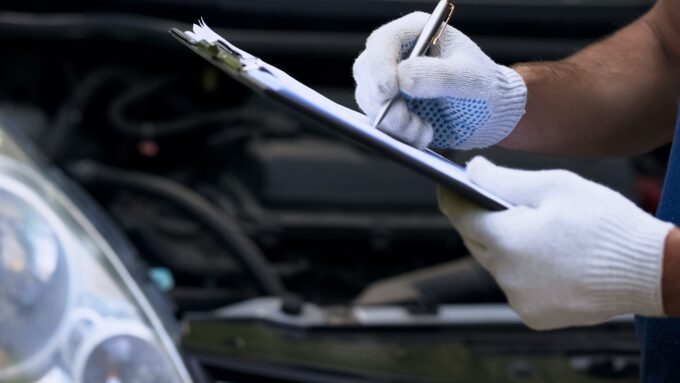
Source: rd.com
Another thing that VHR provides more information about is whether the car suffered any other damage, other than the ones that were caused by the car accident. Vehicles can also suffer damage and breakdowns due to weather, such as hail, flooding, or influences such as fire. Although often these defects cannot be seen and can be well hidden, this does not change the fact that they are present and can pose a serious danger in the long run. And if you don’t read the information somewhere that the car you are considering buying was on fire, there is probably no other way to find it out. That is why the report from the history of the vehicle is the hand of salvation, because it speaks about whether there were breakdowns on the car that were a consequence of the weather or some other harmful factors. And of course, if this is the case, you will want to additionally check all the components.
Conclusion:
Buying a used car is often a challenging task, as it requires you to consider all the important things and make the best possible decision. If you do not have a reliable source of information about the vehicle, the whole process can become very complex and tedious. However, having a vehicle history report can be a light at the end of the tunnel, as this document provides all the vital information about the history of the vehicle you are considering buying. With this information you will be able to make the best possible decision and choose the vehicle that is the best fit for your needs.

